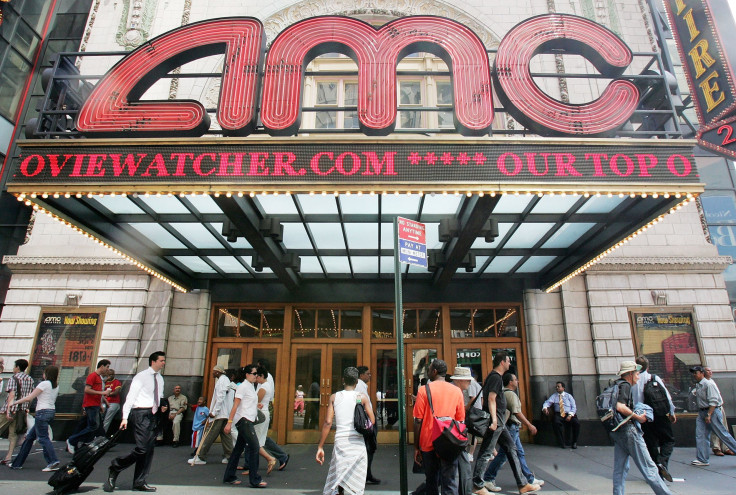AMC Theaters Invests $20 Million In Virtual Reality Development

Movie theaters have tried a variety of ways to bring younger viewers back and the latest plan could involve virtual reality. Theater chain AMC Entertainment is leading a $20 million investment round in interactive virtual reality startup Dreamscape Immersive.
As part of the funding round, AMC Entertainment will put $10 million in a Series B investment that will go towards launching up to six physical virtual reality centers in AMC theaters and other retail locations over the next year and a half. These locations will be in addition to a Dreamscape Immersive location in Los Angeles. Another $10 million will be put into a fund to develop original interactive VR content for Dreamscape locations.
"What makes Dreamscape Immersive and AMC Theatres a perfect fit together is the vast and impressive experience of Dreamscape's founders in cinematic storytelling that is sure to resonate with AMC's moviegoers,” AMC Entertainment CEO president Adam Aron said in a statement.
Dreamscape Immersive’s work has focused on developing fully interactive VR experiences that up to six players can freely walk around within without needing to be physically tethered to a local computer. The startup, which launched in January 2017, counts Steven Spielberg, director Gore Verbinski and composer Hans Zimmer among its investors and advisors.
Dreamscape Immersive founder Caecilia Charbonnier spoke about the company’s work at the World VR Forum in July:
As malls and theaters have struggled with dwindling attendance numbers, many have turned to virtual reality installations or arcades as a way to attract customers. IMAX launched VR arcade centers in New York and Los Angeles earlier this summer and Sony plans to bring its PlayStation VR headset to Japanese shopping centers and arcades.
Among VR developers, HTC also launched a licensing program that makes it easier for arcade owners to feature virtual reality games. Utah-based virtual reality startup The Void, which features similar interactive VR experiences, will partner with Disney to launch a Star Wars-based experience at several Walt Disney resorts later this year.
The moves also reflect a larger trend and struggle among virtual reality developers. While virtual reality benefited from an initial boost among early enthusiasts, the technology has had problems getting serious traction with most users.
Mass market hardware like the Samsung Gear VR has benefited from its low setup costs, but higher-end VR setups like the HTC Vive and Oculus Rift — which offer better visual quality and more interactive experiences — have remained niche products for gamers. For developers, standalone VR locations like AMC’s Dreamscape setups have the potential to introduce consumers to high-end VR without needing to invest in headsets or other hardware.
© Copyright IBTimes 2024. All rights reserved.





















